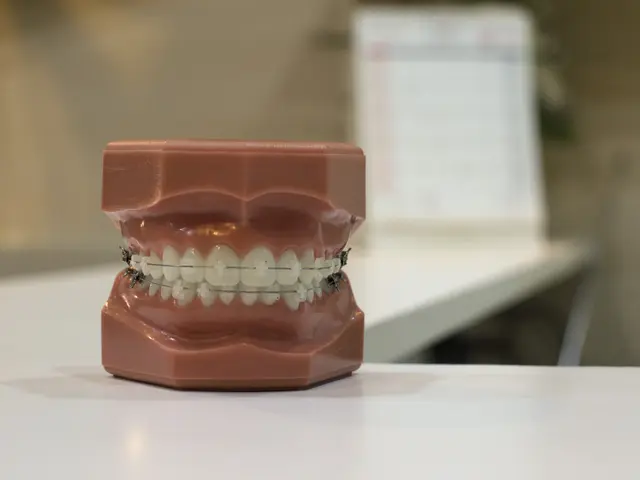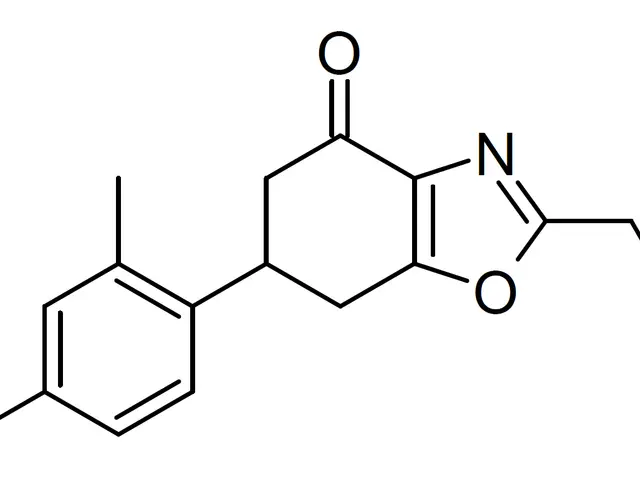Sunscreen Protection Factor Explained: Understanding the SPF value in your sunblock.
Daily Sunscreen Use Essential for Skin Health
Incorporating even the simplest skincare ritual should always include sunscreen, dermatologists advise. Dr. Melissa Piliang, a prominent dermatologist, advocates applying sunscreen daily to safeguard against skin damage caused by the sun's harmful ultraviolet (UV) rays.
Sunscreens, available in gels, creams, powders, and sprays, prevent UV rays from causing skin cancer and premature aging. These rays originate from the sun, tanning beds, and indoor lighting. "Regular sunscreen usage reduces and prevents these effects," Dr. Piliang explains.
Sun Protection Factor (SPF) is a critical factor when selecting a sunscreen. SPF values indicate the degree of protection from UVB rays and sunburn. A lower SPF offers less protection, while a higher SPF offers more. For example, SPF 15 provides more protection than SPF 8. SPF 30 offers 30 times greater protection than none at all. "For brief periods outdoors, a minimum of SPF 15 is sufficient," Dr. Piliang notes, "but for extended sun exposure, choose at least SPF 30."
Broad-spectrum sunscreens are essential for comprehensive protection against UVA and UVB rays. While higher SPFs enhance UVB protection, they do not shield against UVA rays. To ensure adequate UVA protection, opt for broad-spectrum products.
The ongoing debate about mineral vs. chemical sunscreens may continue; however, it's advisable to avoid aerosol sunscreens due to multiple recent recalls due to benzene contamination.
Making an informed sunscreen choice involves considerations such as skin type. People with oily or acne-prone skin should opt for oil-controiling products, while those with normal or dry skin require lightweight, hydrating options. Water resistance is also crucial if you plan to be in water or perspire heavily. Reapply sunscreen every two hours for optimal protection.
The Centers for Disease Control and Prevention (CDC) reports that daily use of sunscreen with an SPF of 15 or higher can reduce the risk of melanoma, the deadliest form of skin cancer, by 50%. It can also decrease the risk of squamous cell carcinoma, the most common skin cancer, by 40%.
Good sun protection includes seeking shade, wearing sun-protective clothing, wide-brimmed hats, and sunglasses. "No sunscreen can block all UV rays," Dr. Piliang clarifies. "A comprehensive sun protection strategy should also include shade-seeking and sun-protective clothing, wide-brimmed hats, and sunglasses."
Enjoy the sun, but employ smart sun-exposure practices to maintain healthy, radiant skin.
Maintaining good health involves taking care of one's skin, and this includes using sunscreen daily for comprehensive protection against UV rays. Additionally, a well-rounded health-and-wellness routine should incorporate fitness-and-exercise, skincare, and balanced nutrition for overall wellness.








